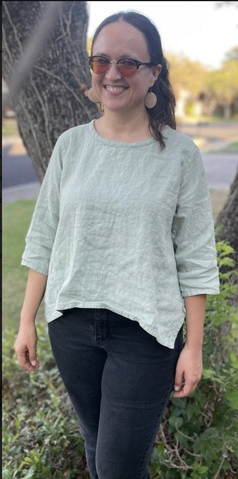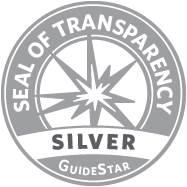Curtain Up Cancer Foundation
Contact uS |
© Curtain Up Cancer Foundation. All rights reserved.
Curtain Up Cancer Foundation is a Texas nonprofit 501(c)(3) corporation. Donations are tax deductible to the extent of the law.
Curtain Up Cancer Foundation is a Texas nonprofit 501(c)(3) corporation. Donations are tax deductible to the extent of the law.

 RSS Feed
RSS Feed

